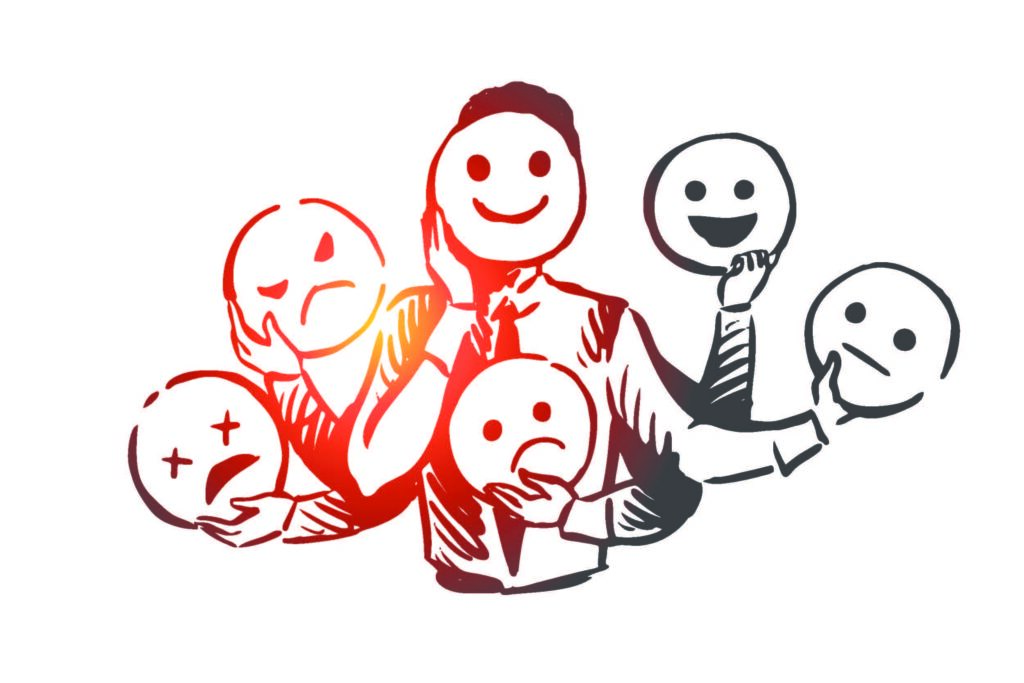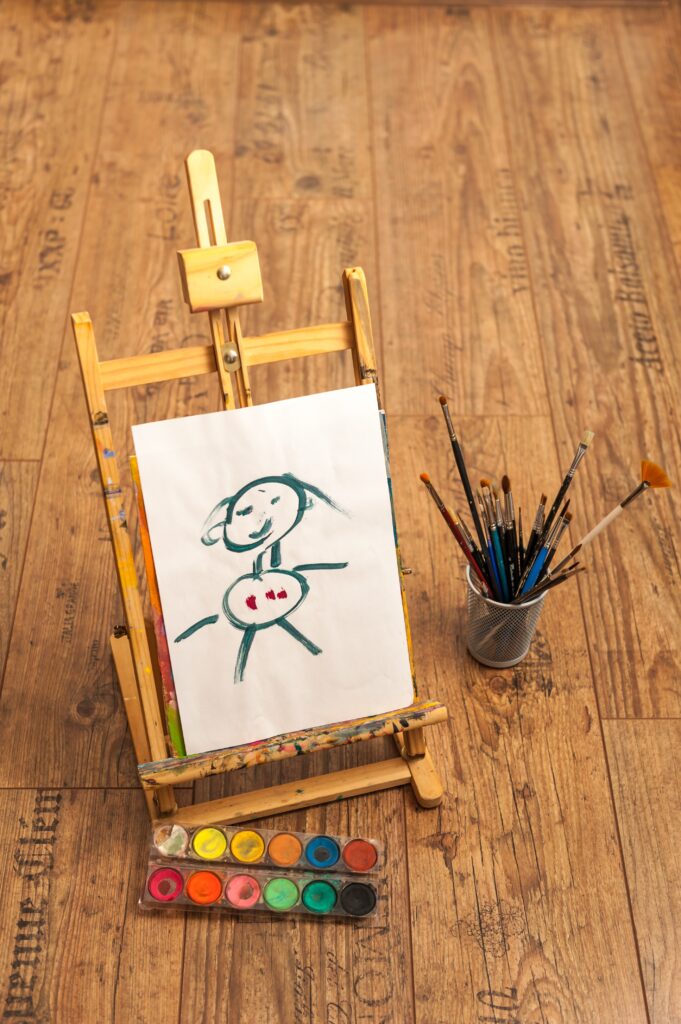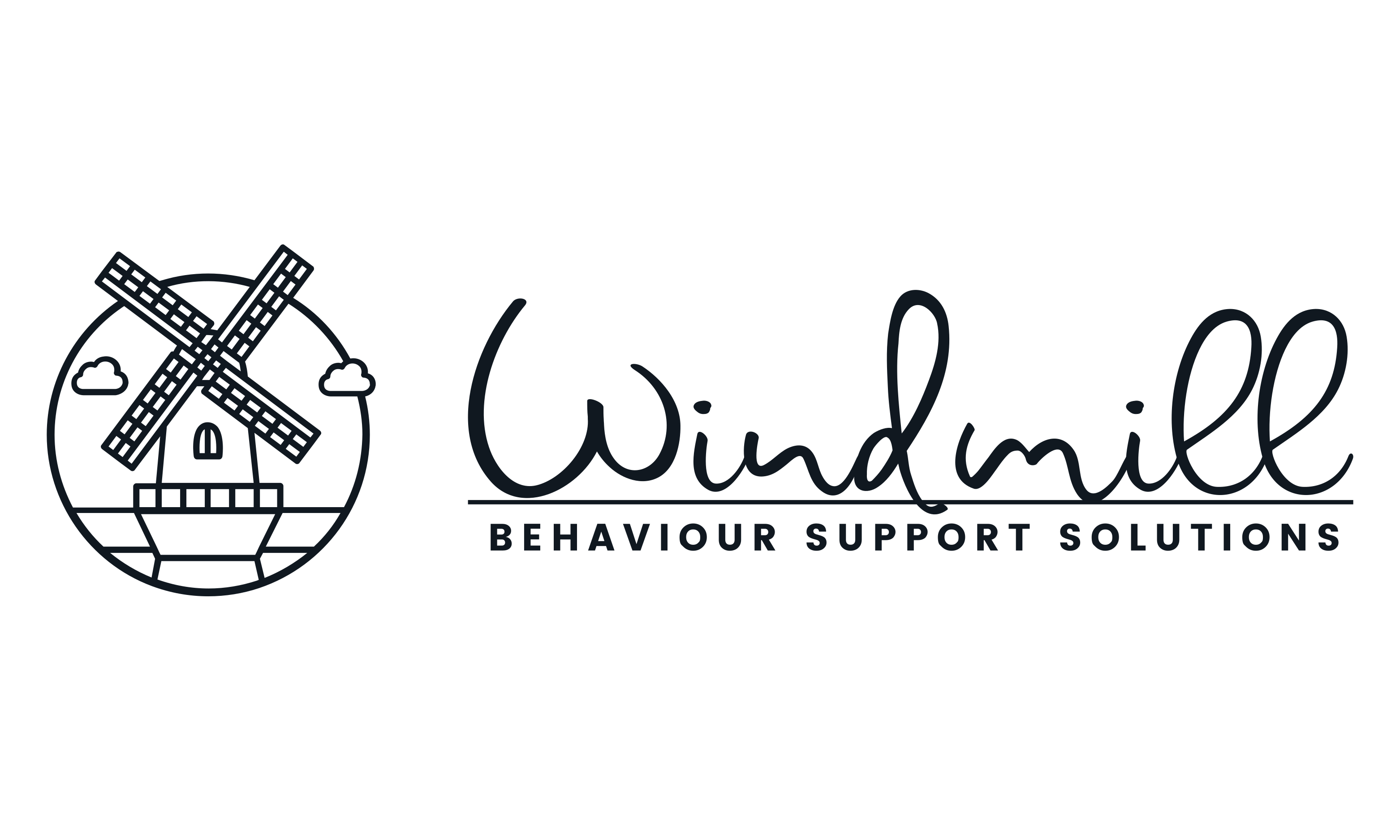The Windmill Behaviour Support Solutions Service Model provides a comprehensive and effective way to address a wide range of behavioural and emotional challenges.
Windmill offers an integrative solution that combines play and creative arts therapies, occupational therapy, counselling, and speech-language therapy for behaviour facilitation.
Each therapy brings its own expertise and techniques to the table, which complement and enhance one another when used in a coordinated manner.
General overview of how these therapeutic approaches work together in an integrative way:
Assessment: A thorough assessment of the individual’s needs, strengths, and challenges across the domains of emotion, behaviour, communication, and daily functioning.
Collaborative Support Planning: Therapists from the disciplines work collaboratively to design a support plan that addresses the individual’s goals and needs. This plan could include specific goals related to emotional regulation, communication skills, and functional behaviours.
Skill Integration: Techniques and strategies from the disciplines are integrated into the individual’s daily life. For instance, communication strategies learned in speech therapy could be applied in occupational therapy sessions to manage behaviour during daily activities.
Progress Monitoring: Regular assessments and communication among therapists tracks progress and the support plan is adjusted as needed.
Family Involvement: Family members also play a crucial role by learning and reinforcing strategies at home, enhancing the individual’s progress.


These therapeutic modalities contribute to this integrative approach in the following ways:
Play Therapy: Play Therapy utilises play and various creative activities as a means of communication and expression. It can help individuals, especially children, process emotions, develop social skills, and address behavioural challenges. Play Therapy allows individuals to explore their feelings and thoughts in a safe and non-threatening environment.
Creative Arts Therapies: Creative Arts Therapies encompass a wide range of modalities such as Art Therapy, Music Therapy, and Drama Therapy. Creative activities can provide alternative ways for individuals to communicate and process their experiences.

They include modalities like Cognitive-Behavioural Therapy (CBT), Psychodynamic Therapy, or Dialectical Behaviour Therapy (DBT), focused on understanding and addressing emotional and psychological factors that contribute to behaviours. This approach can help individuals identify thought patterns, emotions, and beliefs that may be influencing their behaviours. It provides tools to manage and change these patterns in healthier ways.
Occupational Therapy: Occupational Therapy focuses on enhancing an individual’s ability to engage in meaningful activities and daily routines. It can address sensory integration, fine and gross motor skills, self-care tasks, and overall functional independence. Occupational Therapy can be particularly beneficial for individuals with developmental challenges or sensory processing difficulties. An Occupational Therapist can provide practical strategies to enhance an individual’s ability to engage in meaningful activities and manage their behaviours in different environments.
Speech-Language Therapy: Speech-Language Therapy focuses on communication and language skills. It can be particularly useful for individuals who struggle with expressing themselves, understanding social cues, or managing their emotions effectively through communication. This therapy can help individuals develop better communication skills, emotional regulation, and social interaction strategies.

